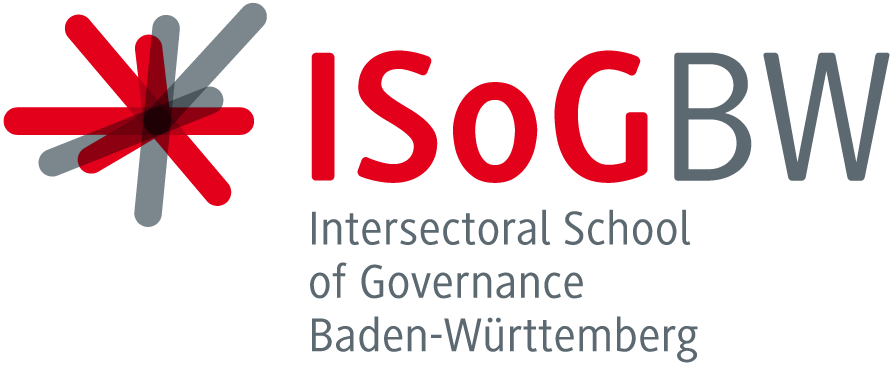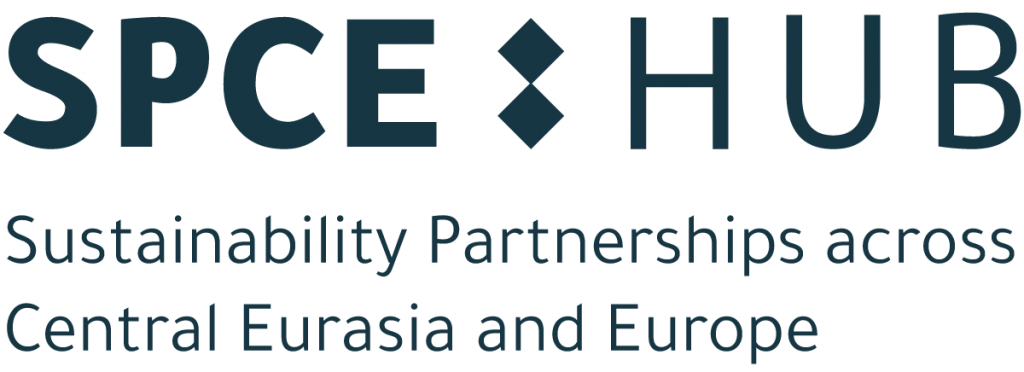Geopolitical Trends and Sustainable Development: A Dialogue on Future Pathways for Central Asia and Europe (18 June 2025)



18 June 2025, 4 pm
Conference Hall, OSCE Academy in Bishkek
Speaker:
- Dr Pal Dunay (Director, OSCE Academy in Bishkek)
- Dr Emilbek Dzhuraev (Senior Expert, OSCE Academy in Bishkek)
- Ainur Sospanova (CEO, QazaqGreen)
- David Ritter (Senior Researcher, Oeko-Institut)
Moderator:
Dr Sebastian Schiek (SPCE Hub)
Panel Discussion
The panel discussion brought together four experts— Dr Pal Dunay, Dr Emilbek Dzuraev, Ainur Sospanova, and David Ritter—to share their perspectives on current geopolitical shifts and the landscape of energy transition in Europe and Central Asia.
Geopolitical Realignment and Emerging Orders
Speakers emphasized the deep structural changes underway in the global order. It was noted that unitary actors with complex power bases are asserting dominance, while traditional multilateral structures struggle to adapt. In this context, the European Union stands out as an outlier. Great powers like Russia and China are unwilling to be integrated into a system that is not of their own making, signaling a decisive move toward a post-Western world. The diminishing soft power of the United States was also highlighted. Honoring aggressive actors like Russia would risk regressing to pre-World War norms. There were concerns over Donald Trump’s ideological attacks on core European values such as human rights, economic freedom, and the rule of law.
Central Asia in a World of Disorder
The current global environment can be described as one of disorder rather than an emerging new order—bipolar or multipolar. We observe the decline of the Pax Americana, the U.S.-led global order that had persisted since World War II. In Central Asia, these global shifts are prompting stronger regional coordination. Although the region’s centrality is more aspirational than actual, there is a clear perception of increased geopolitical significance, especially in the realms of energy and mineral resources. Countries in the region are reinforcing their multi-vector foreign policies to avoid dependency on any single power bloc.
Energy Transition and Policy Shifts in Europe
Another theme was the transformation of Europe’s energy landscape, especially in response to the Russian invasion of Ukraine. The resulting energy shock has intensified the push for renewable energy sources and green hydrogen. This shift has not only economic but also symbolic value, with some leaders framing renewables as “peace energy.” Despite growing right-wing resistance to climate policies in parts of Europe, the renewables sector in electricity has matured and is expected to continue expanding due to its economic viability. However, other sectors like transport and construction remain more vulnerable to political and economic shifts.
On foreign energy policy, the increasing importance of green hydrogen was highlighted, which allows diversification of energy partnerships beyond traditional fossil fuel suppliers. Instruments like the EU’s Carbon Border Adjustment Mechanism (CBAM) are reshaping trade by imposing costs on carbon-intensive imports, while the EU seeks to promote carbon markets abroad. Energy partnerships, particularly in the context of the EU Green Deal and Germany’s 2045 climate neutrality goal, are gaining strategic significance, especially following the crisis triggered by the war.
Conclusion
The panel underscored a world in flux—where geopolitical power is shifting, regional dynamics are becoming more complex, and energy transitions are both a necessity and a battleground. Whether in Europe or Central Asia, actors are adapting to a more fragmented and unpredictable global environment.

